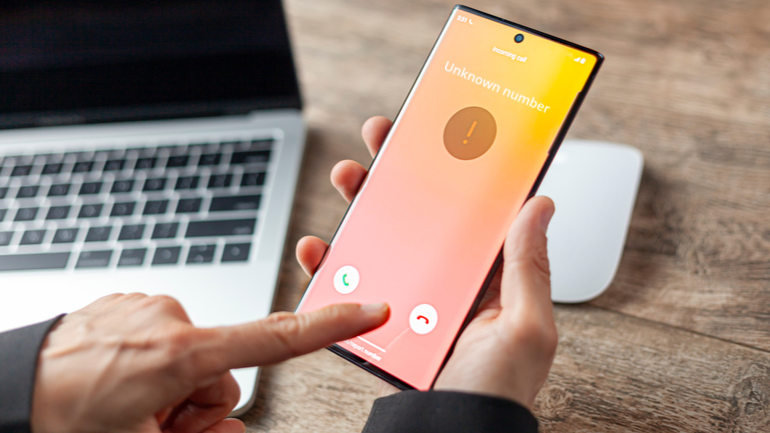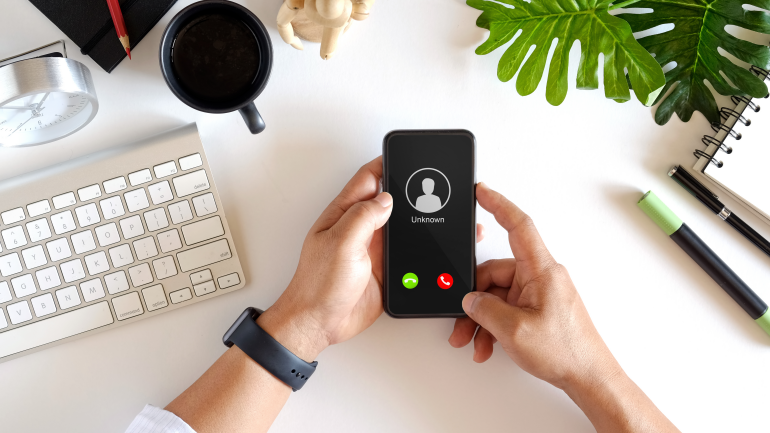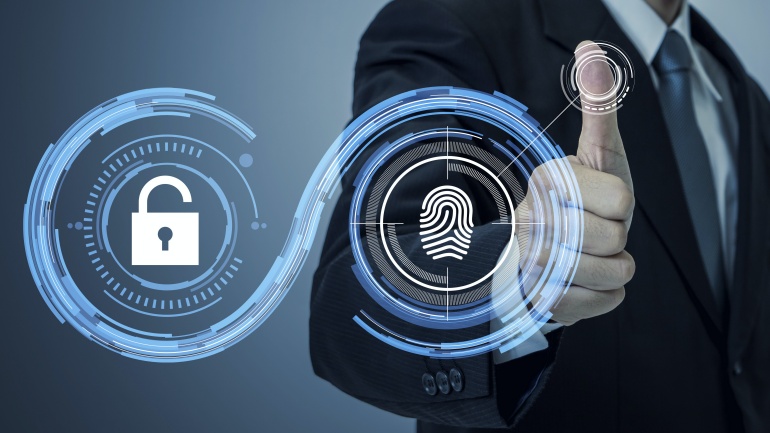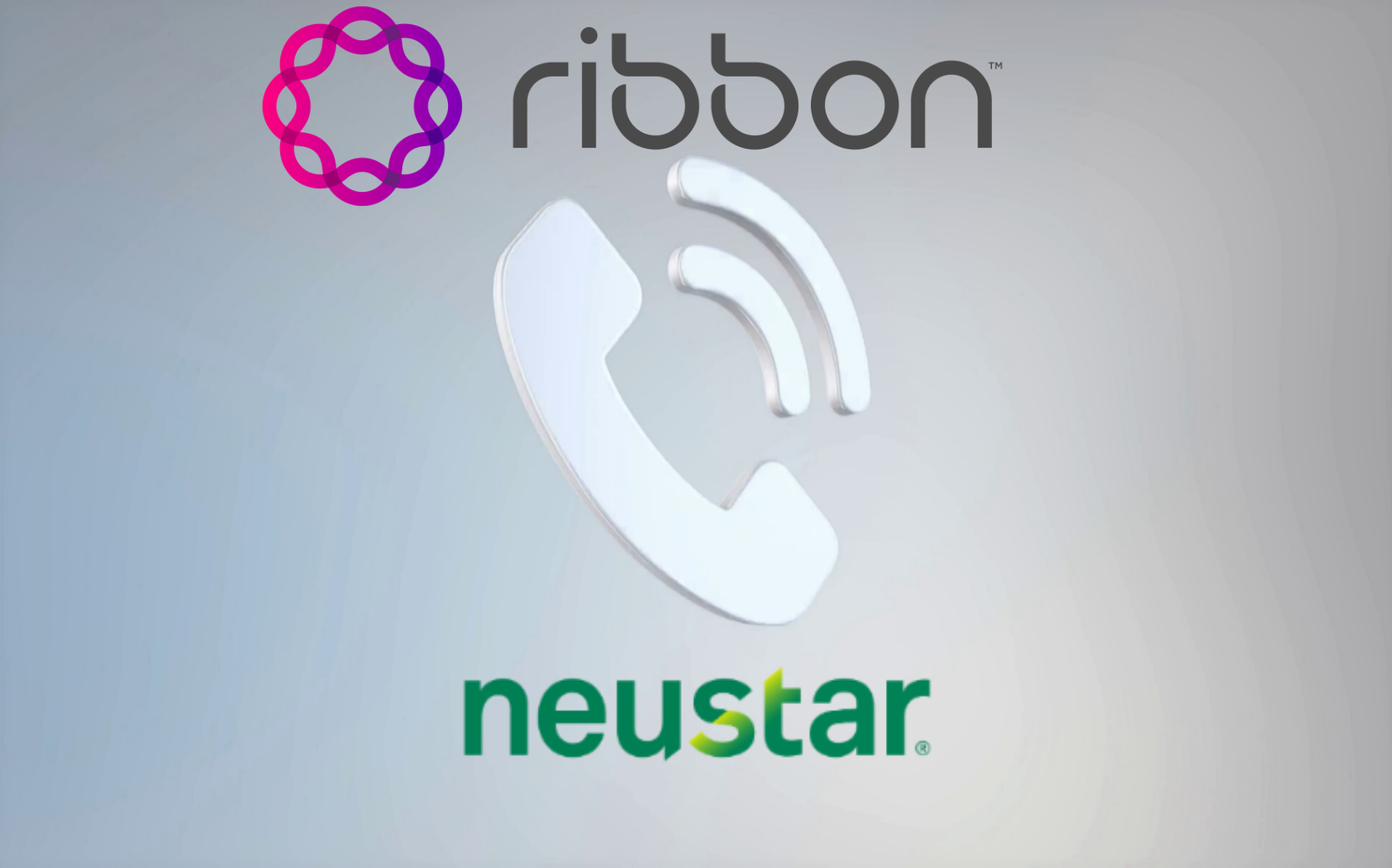T-Mobile has announced their collaboration with CTIA, the wireless industry association, to create best practices for new and improved Caller ID features for corporations. Businesses and organizations will be able to provide confirmed calls with an immediately identifiable Caller ID display, including the organization’s logo or name, on compatible handsets using this new Branded Caller ID (BCI) service. BCI, according to the company, builds on the STIR/SHAKEN framework’s verification by affirmatively identifying businesses or organizations that are calling, such as doctor’s offices and banks, so that these parties can reach their customers, who are currently reluctant to answer unknown numbers and may miss important and wanted calls. In the summer of 2021, T-Mobile USA showcased this technology. According to T-Mobile research, in 2021, 78% of consumers missed an essential call because they did not identify the caller. Trusted calling is more vital than ever for customers and organizations…
Robocalls threaten people’s privacy and tarnish the reputation of the telecoms industry by subjecting subscribers to unwanted and intrusive telemarketing and scam practices. In 2021, American customers received an estimated 50,507,702,500 robocalls, which is nearly 10% more than the 45.9 billion robocalls received in 2020. YouMail, a free robocall prevention program and call protection service for mobile phones, provided the most recent statistics. Americans received nearly 3.6 billion robocalls in December 2021 alone, with an average of 115.1 million calls each day and 1,332 calls every second. Scam calls declined by 4% in December, while telemarketing calls decreased by 18%, payment reminders decreased by 18%, and alerts and reminders decreased by 11%. On the whole, the scam category topped the list for the year, accounting for about 30 billion scam or spam calls, or slightly under 60% of all calls, a sizable amount of presumably unwelcome calls. While…
Illegal robocalls have been a major source of consumer complaints at the FCC. Hence, as of June 30, 2021, the Federal Communications Commission (FCC) regulations require that all inbound and outbound voice service providers operating in the United States implement STIR/SHAKEN standards in the Internet Protocol (IP) portions of their network in order to combat the plague that robocalls and spoofed calls have become. Therefore, in order to comply with these FCC requirements and to maintain customers’ trust, DIDWW, a global telecommunications operator and provider of premium quality VoIP services, has announced the successful implementation of Caller ID authentication through the STIR/SHAKEN set of standards. The industry-standard caller ID authentication framework STIR/SHAKEN is a set of technical standards and protocols that allow the authentication and confirmation of caller ID information when calling over Internet Protocol (IP) networks. Caller ID authentication technology allows people to trust the caller…
Google Cloud and Ericsson team up to deliver 5G and Edge cloud solutions for telcos The two tech giants – Google Cloud and Ericsson – have come together to jointly develop 5G and edge cloud solutions to help communications service providers (CSPs) digitally transform and unlock new enterprise and consumer use cases. Google Cloud and Ericsson are developing new solutions at Ericsson’s Silicon Valley D15 Labs, a state-of-the-art innovation center where advanced solutions and technologies can be developed and tested on a live, multi-layer 5G platform. Thomas Kurian, CEO at Google Cloud, said that organizations have a tremendous opportunity to digitally transform their businesses with 5G, using cloud capabilities like artificial intelligence and machine learning at the edge. Read more at: https://tinyurl.com/2c5sez86 DIDWW implements the STIR/SHAKEN technology The global telecommunication services provider, DIDWW, has implemented caller ID authentication through the STIR/SHAKEN set of standards. These standards act as the framework…
Telinta, a global leader in hosted switching and billing for VoIP service providers, and TransNexus, a leader in developing innovative software for telecommunications networks, jointly announced today a solution to help VoIP service providers comply with STIR/SHAKEN call authentication and robocall mitigation regulations. TransNexus has made groundbreaking innovations in robocall mitigation with its ClearIP software platform. Telinta has integrated ClearIP into its cloud-based softswitch. Together the two leaders can help VoIP service providers meet their STIR/SHAKEN and robocall mitigation requirements, helping customers to avoid having their traffic blocked. TransNexus offers services for Telinta customers based both inside and outside the U.S. When a U.S.-based Telinta customer signs up with TransNexus, Telinta will send a request to TransNexus to create a digital signature and Telinta will include that signature on subsequent calls as they are routed through Telinta’s platform. For Telinta customers based outside the U.S., TransNexus can…
Most phones today allow users to see the calling party’s phone number before they answer. This feature is called Caller ID or Calling Line Identity (CLI). It lets people know who is calling and decide whether they want to answer the call or not. However, callers and criminals can purposely change the Caller ID so that the incoming call appears to originate from a trusted entity. This disingenuous practice is better known as spoofing. Unfortunately, there are more and more cases where callers and criminals purposefully change the caller ID in order to commit fraud. What is Caller ID spoofing? Spoofing occurs when a caller knowingly falsifies the information transmitted onto your phone screen, known as caller ID, to hide their true identity. Scammers often use the so-called ‘neighbors’ spoofing technique. When this technique is used, the incoming call appears to come from a local phone number. It could be…
The United States Federal Communications Commission (FCC) has announced that, in reference to the recommendations of the Cloud Communications Alliance (CCA), the Secure Telephone Identity Governance Authority (STI-GA), a group supporting the timely deployment of STIR/SHAKEN protocol, has altered the requirements in their robocall prevention policy. Initially, the STI-GA policy required that only an entity with direct access to telephone numbers could partake in the framework, that must be implemented by all voice service providers. However, the CCA claimed that this specification puts service providers at a significant disadvantage. Therefore, the FCC has announced that the policy change will allow CCA members to take advantage of STIR/SHAKEN through the FCC’s Robocall Mitigation Database. Until then, the current Service Provider Code (SPC access key) access policy will remain in effect, said the FCC. This important reconsideration will allow all CCA members to implement the STIR/SHAKEN protocol and make sure…
American technology companies Ribbon Communications and Neustar have announced an expansion of their cooperation to provide a comprehensive solution designed to tackle the issues of robocalling and call spoofing. Ribbon, a global software leader providing IP-based real-time communications security and software solutions, is working in partnership with Neustar, the exclusive host of the ATIS Robocalling Testbed, to develop and support an integrated platform for their STIR-SHAKEN implementation. Secure Telephone Identity Revisited (STIR) standards and the Signature-based Handling of Asserted information using toKENs (SHAKEN) framework were developed by the IETF and ATIS/SIP Forum NNI Task Force, respectively. STIR-SHAKEN is a major industry initiative set up to help service providers protect consumers against illegal robocalls and caller ID spoofing. The Ribbon session border controller, as well as policy and routing products coupled with the Neustar Certified Caller platform will enable service providers to promptly detect suspicious calls and inform business and…











